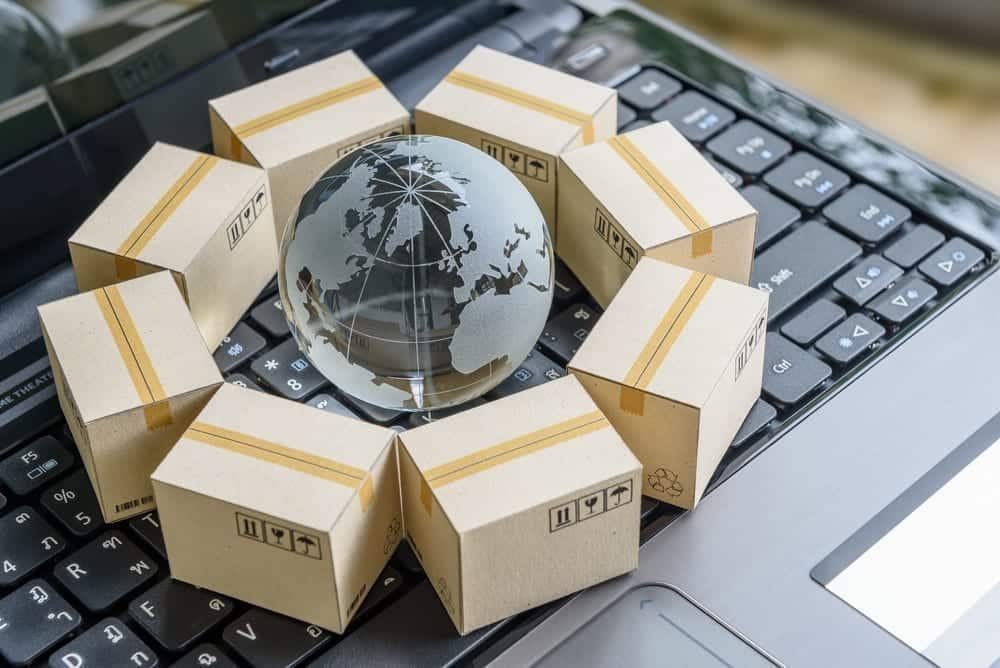Can Distributors Reduce Reverse Business Cycle Inefficiencies?

Distribution logistics is an increasingly critical part of every logistics strategy, and distributors play a key role in ensuring that customers receive products on time. At the same time, there are important shifts in the market that can present opportunities for distributors to adapt and grow. One of those trends is the increase in reverse logistics activity, especially for B2C businesses selling more products online.
The challenge for many companies is that they have traditionally put a lot of thought and effort into reverse logistics. Many businesses still struggle to achieve efficiency with returns, creating a drag on business profits. So can distributors play a role in helping to reduce these inefficiencies? The answer is yes, but it requires a focused effort to improve and help from things like reverse logistics software tools that can streamline the processes.
Differentiating with Reverse Logistics Services
As a distributor, there are a lot of challenges that your business faces. You’re getting pressured on all sides to cut costs, improve efficiencies, and reduce the time it takes for goods to travel from one place to the next. While many distributors already have the forward logistics process down pretty well, reverse logistics experience can differentiate you from competitors.
As more businesses are forced to pay attention to the costs and inefficiencies in the reverse logistics process, your ability to offer a solution can provide much-needed help for small businesses and even big businesses that don’t want to dedicate internal resources to solve this issue. It’s not something exclusive to just the retail business either (although there is significant need in that sector). Increasingly, there is more attention to reverse logistics for:
- Contractors (HVAC, mechanical, etc.) focused on warranty and service activities
- Medical device manufacturers
- Pharmaceutical companies
- Aviation and aerospace manufacturers
- Food and beverage manufacturers
Keys to Reducing Inefficiencies
Distributors interested in exploring the reverse logistics process should consider these key areas to help businesses streamline their returns process:
- Returns – providing an efficient flow of goods from customers back to sellers, manufacturers, or distribution centers.
- Repairs – managing the warranty process, refurbishing, or re-use and re-manufacturing in applicable industries.
- Repackaging – helping companies repackage goods that are suitable for resale.
- Recycling – disposing of products that cannot be resold in an environmentally-friendly manner.
- End-of-life – managing the disposal of products that cannot be sold or recycled.
- Return-to-vendor (RTV) – storing and coordinating multiple items that must be returned to the original vendor or manufacturer so a retailer or small business doesn’t have to manage that process on their own.
- Refunds – managing customer communications and refunds for returned items.
As more businesses are looking for effective ways to outsource some of their reverse logistics process, distributors that have the right reverse logistics software and experience can differentiate themselves from the competition and win more business serving these needs. Find out more by scheduling a demo with ReverseLogix to get your distribution business started.
